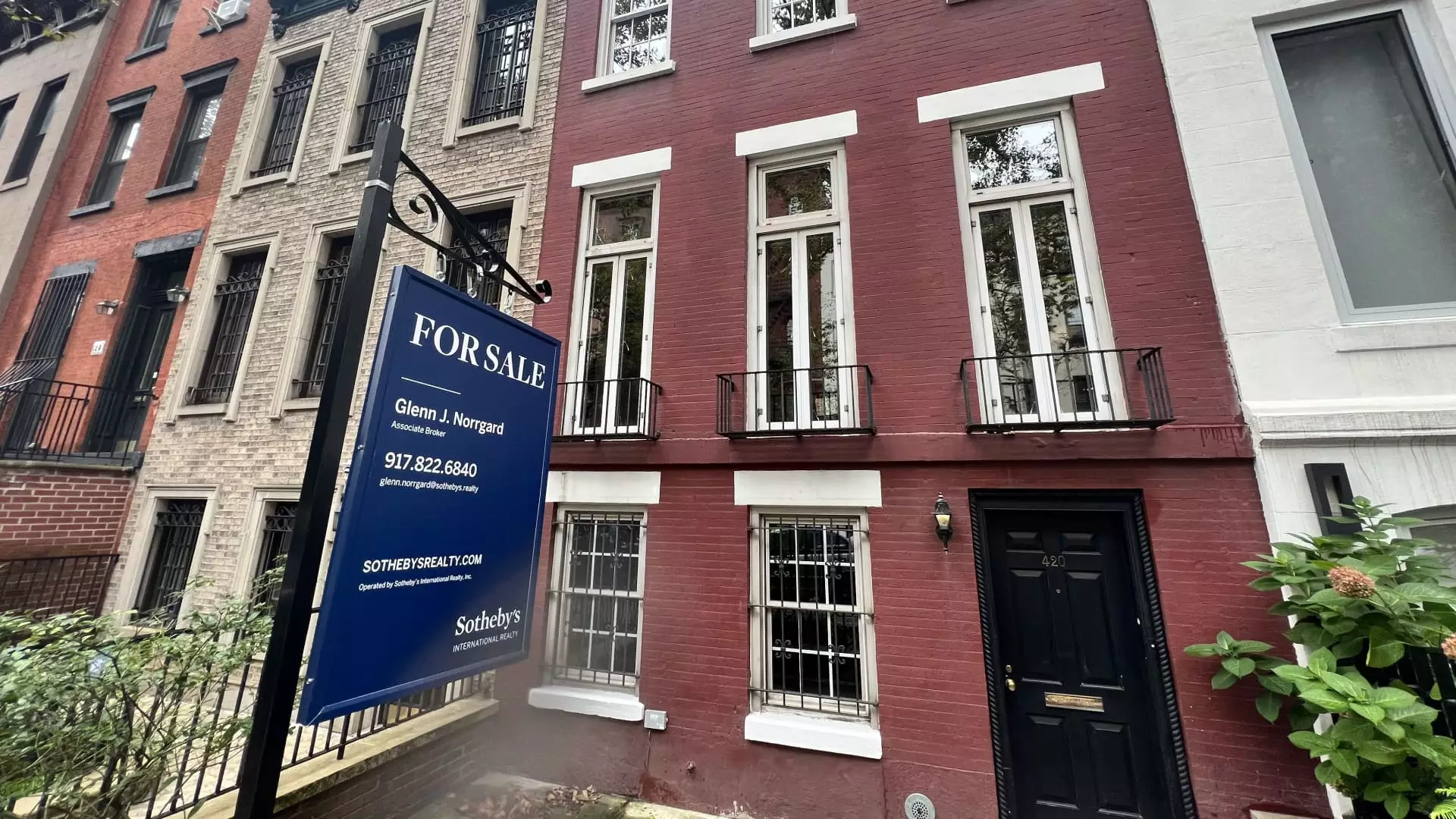The housing market is showing signs of cooling off, with home prices starting to dip slightly compared to a year ago. Reports indicate that price gains are shrinking, and sellers are beginning to adjust their expectations after a stagnant spring market. Redfin data reveals that, for the first time since the Covid-19 pandemic, the typical house is selling for slightly less than its asking price, marking a shift from the previous trend of selling at or above list price.
While it may be premature to declare a housing market crash, the data suggests a significant shift in market dynamics. The share of homes selling over asking price has decreased, indicating a more balanced playing field between buyers and sellers. Sellers who previously aimed for higher prices are now facing the reality that they may not be able to command the same premiums as in the past, reflecting a change in buyer sentiment.
Persistently high mortgage rates are also influencing the cooling housing market. With the average rate on the 30-year fixed mortgage hovering above 7% for the third consecutive month, buyers are facing increased borrowing costs. This trend is contributing to a more cautious approach to home buying, as buyers reassess their budgets and affordability in the face of rising interest rates.
The increase in supply is another factor contributing to the cooling housing market. Total active listings are now 35% higher than they were a year ago, signaling a growing inventory of properties for sale. While this uptick in supply is easing some of the price pressures, it is important to note that inventory levels are still well below pre-pandemic norms. The market may be shifting towards a more balanced state, with buyers gaining more negotiating power than in recent years.
The cooling housing market is a reflection of changing economic conditions and market dynamics. While the market is not in freefall, the gradual adjustment in prices and supply levels indicate a shift towards a more balanced housing market. Buyers may find increased opportunities for negotiation, while sellers may need to reassess their pricing strategies in light of evolving market conditions. The cooling housing market serves as a reminder of the cyclical nature of real estate and the need for both buyers and sellers to adapt to changing circumstances.

